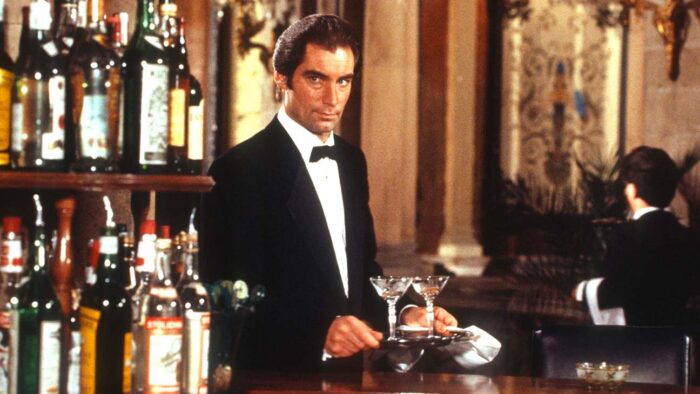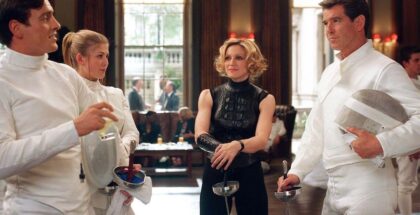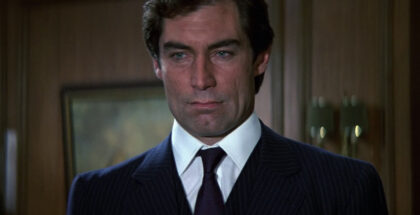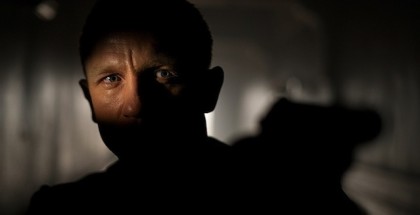Licence to Kill: A darkly thrilling departure for 007
Review Overview
Character
8Action
8David Farnor | On 21, Sep 2021
There’s nothing like a secret agent going rogue. Actually, there’s nothing like a secret who doesn’t: they literally don’t exist. Moles, insiders, traitors, saboteurs, mavericks, heroes, wrongly accused people – from Harry Palmer and Jason Bourne to Veronica Salt and Ethan Hunt, going rogue is in every secret agent’s job description. It’s actually expected by your employers. If you don’t go rogue at least once in your career, you get bumped off. Probably by another rogue agent.
And that’s why Licence to Kill is such an effective Bond film. It’s the “nasty” one, the one in which Bond – after years of repetitive speeches from M telling him to be objective and keep his cool, whether it’s pursuing Blofeld or going after Goldfinger. Licence to Kill actually goes firmly in the other direction. Dalton, already the steely-eyed killer of Ian Fleming’s novels, is even colder and more ruthless than normal. Embarking on a rip-roaring rampage to avenge Felix Leiter’s death, he practically puts up a sign saying “I’m not Roger Moore”, in case The Living Daylights didn’t make that clear enough.
The script introduces some unnecessary complications and flourishes, including a whole subplot involving a tele-evangelist, but the central concept is as simple as it gets – Bond spends most of the runtime embedding himself in the inner circle of drug dealer Sanchez (Robert Davi) and plotting to find the right time to take him out and destroy his operation. That means a lower key sense of spectacle, but with added emotional stakes to give the action some real clout – this a Bond who doesn’t hesitate to cling to the side of helicopters or speedboats to get where he needs to be, who doesn’t waste time on quips and one-liners after dispatching bad guys and who also looks good strutting around a casino. Even his gadgets from Q (the marvellous Desmond Llewelyn enjoying a nicely extended part) are decidedly dark, including a fingerprint-scanning gun that will only work when 007 is holding it. And when, early on, Felix’s newly wed wife jokes about Bond getting married, Dalton snaps back abruptly with a glowering hint of heartbreak – the kind of vulnerability that Bond has rarely shown before.
All this enables director John Glen to up the ante elsewhere without things getting daft – and he more than earns the 15 certificate here, from lots of sharky encounters to one striking scene involving a pressure chamber. The result is more Fleming-like than most of the Bond movies and turns a globe-trotting franchise rooted in spectacle into a surprisingly character-driven thriller that still stands up years later. A mooted third outing for Dalton’s 007 never happened due to legal issues, leaving Pierce Brosnan to take over for 1995’s GoldenEye, but as far as final Bond outings go, Dalton’s is currently the best by far.



















